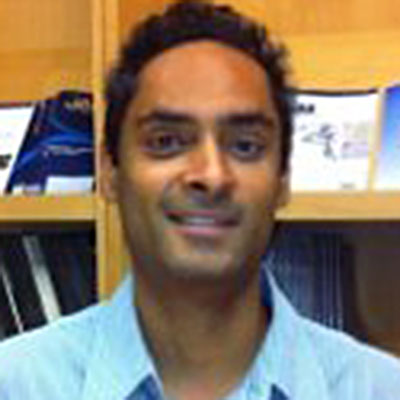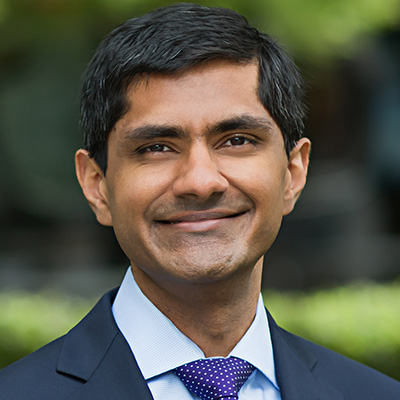The UCSF Bakar Computational Health Sciences Institute is an academic home for faculty, students, trainees, and staff at the University who employ computational methodologies to address topics in health and wellness.
Building the preeminent foundation of talent and knowledge and bringing together a broad and diverse community of innovators to advance computational science in health research, practice, and education in support of improved health for all.










